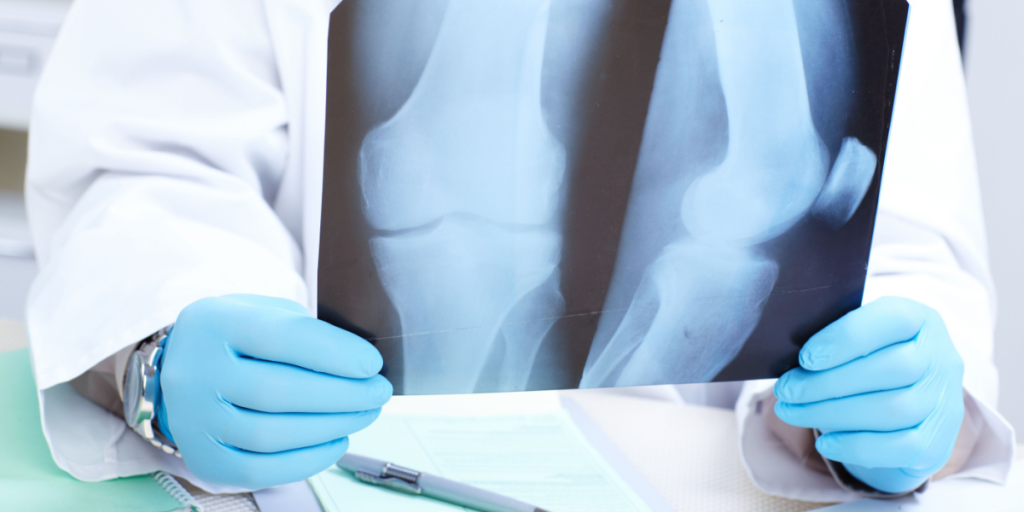Joe Biden has been diagnosed with the most aggressive type of prostate cancer possible.
Others are reading now
Joe Biden has been diagnosed with an aggressive type of prostate cancer possible.
What has happened?

President Joe Biden, 82, has been diagnosed with prostate cancer, according to a statement from his personal office released Sunday.
Near-max Gleason score

“Last week, President Joe Biden was seen for a new finding of a prostate nodule after experiencing increasing urinary symptoms.
On Friday, he was diagnosed with prostate cancer, characterized by a Gleason score of 9 (Grade Group 5) with metastasis to the bone,” the statement said.
Also read
The Gleason score has a max of 10.
Appears to be hormone-sensitive

The statement went on to say that the cancer appears to be hormon-sensitive, whith allows for effective management – even though it is one of the more aggressive forms of cancer.
This means that a typical treatment would involve reducing testosterone in the person diagnosed.
Might be chemically castrated

According to Cleveland Clinic, some types of cancer “feeds” on male sex hormones (testosterone), which means chemical castration might be part of the Bidens treatment.
What does it do?

According to Cleveland Clinic, chemical castration to treat prostrate cancer can work in different ways. First of all, it can decrease the production of androgens in the testicles.
Secondly, it can prevent andgrogens from being able to work in the body.
And thirdly, it can stop other parts of the body from producing androgens.
Discussing treatment plan

According to the statement from Bidens personal office, he han his family is currently reviewing treatment options.
Spread to the bones

Dr. Benjamin Davies, a professor of urologic oncology at the University of Pittsburgh Medical Center, who is not involved in Biden’s treatment, said to CNN that the fact that the cancer seems to have spread to the bones is “very serious” and makes it “not curable”.
Some good news

However, Davies also told CNN that newer hormonal and chemotherapy treatments have shown impressive results and significantly extended the longivity of the patients.


